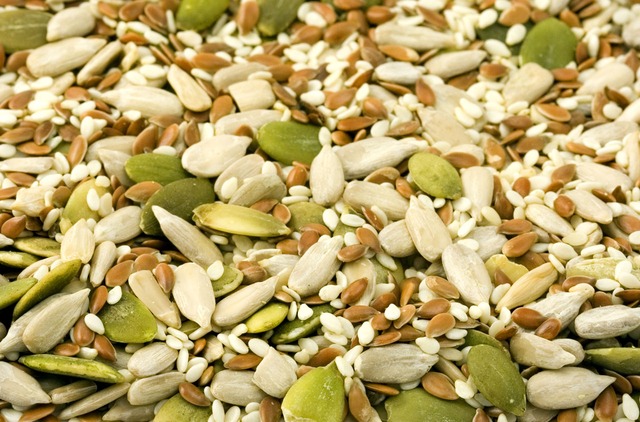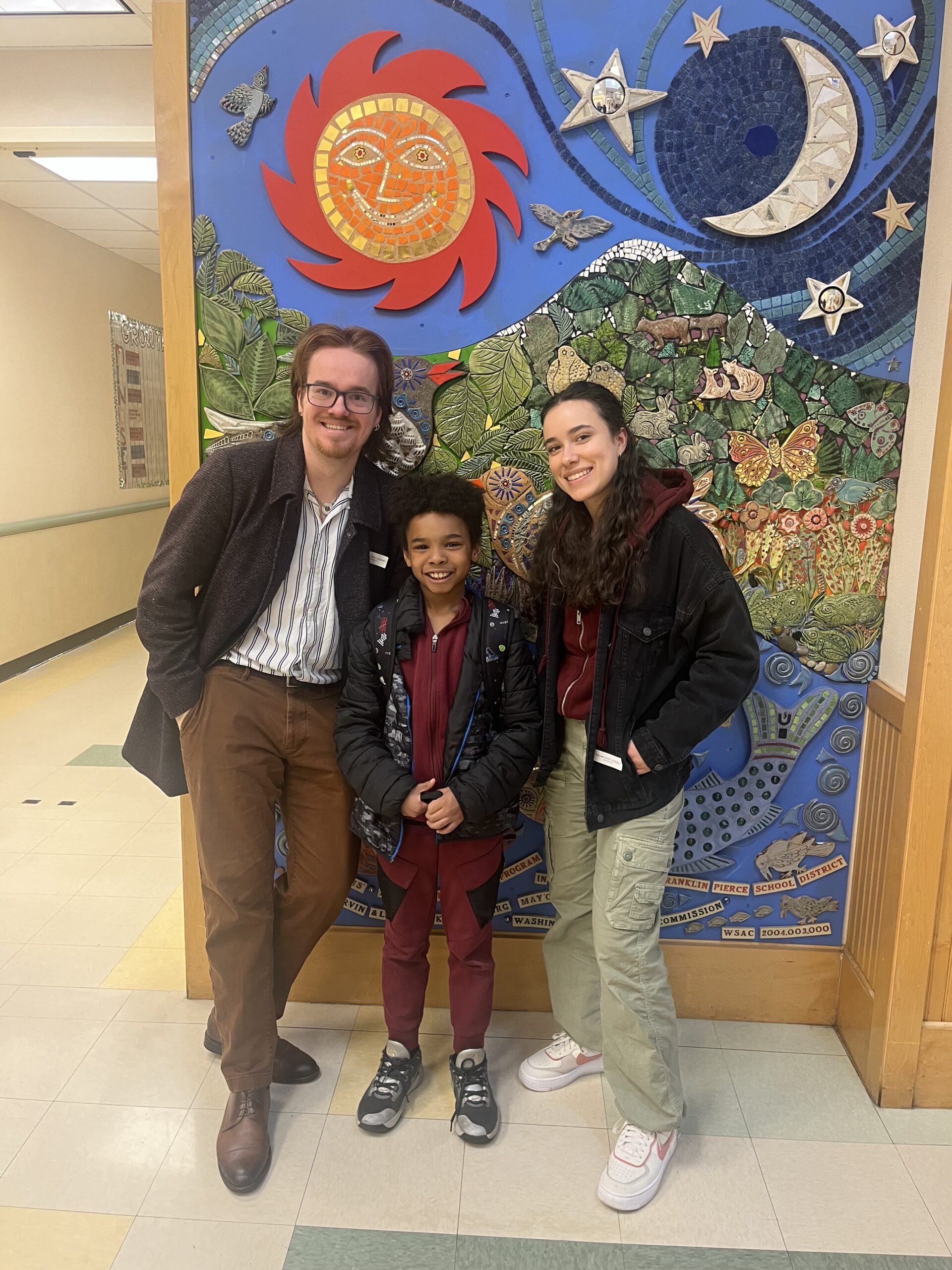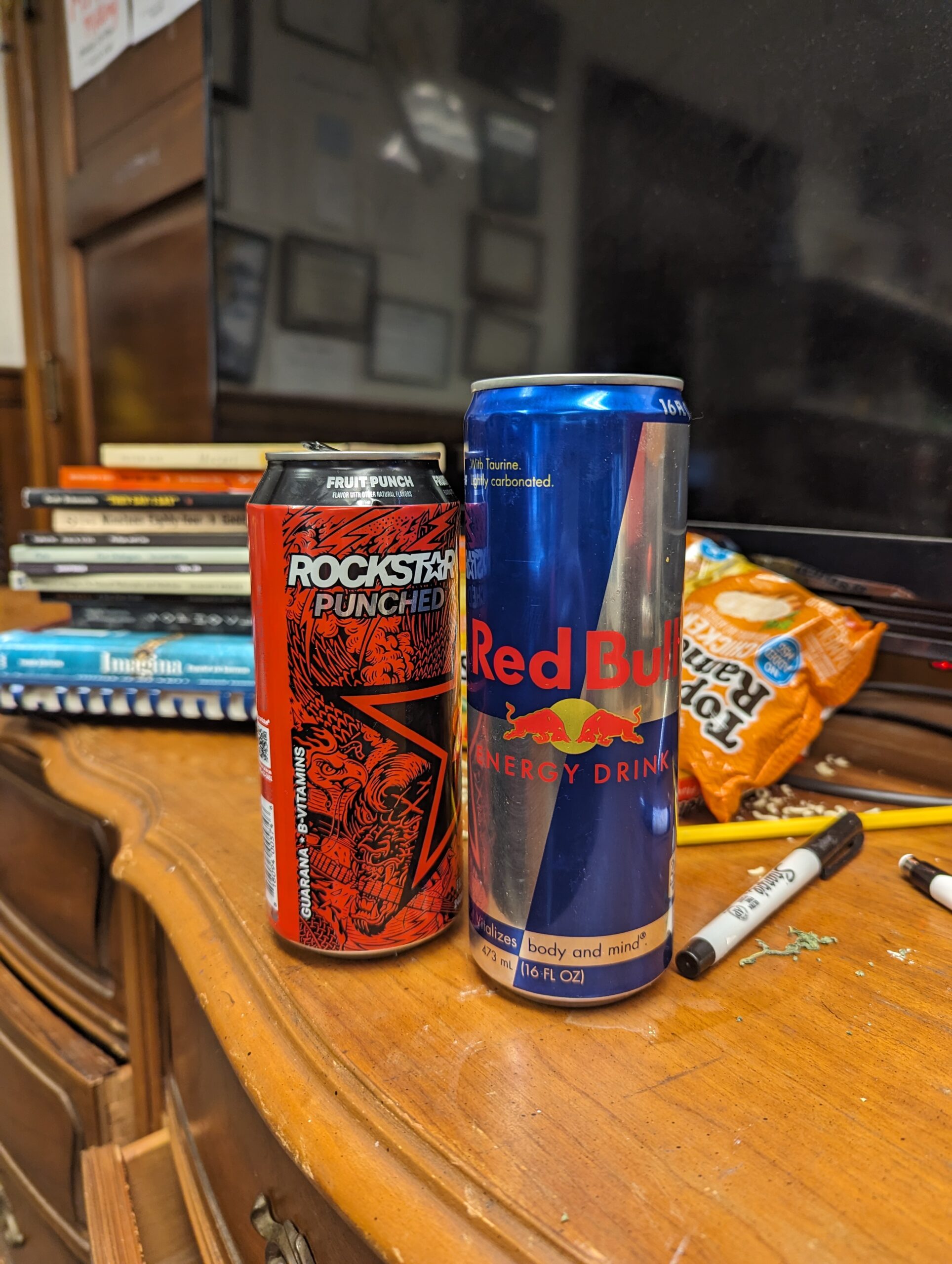By Courtney Purdin, Guest Writer
Whether you’re eating a peanut butter and jelly sandwich, a caesar salad or even sushi, chances are, the food you are eating began with one company: Monsanto.
Monsanto is the world’s largest seed company. It has branches in more than 65 countries, as it exercises massive power over global agriculture.
Its seeds are used in 90 percent of soy, 85 percent of corn and 95 percent of sugar beets grown in the U.S., according to United Nations University.But these aren’t just regular seeds — they are genetically engineered seeds patented by Monsanto.
Monsanto’s variety of seeds are modified to be resistant to pesticides, produce higher crop yields, and of course, to look pretty.
Independent farmers have to buy these seeds from Monsanto year after year. Patent law prohibits farmers from reusing the genetically modified seeds, so they must purchase more every year.
Monsanto even has a team of private investigators to ensure that its seed patents are not infringed. Monsanto’s control over a large percentage of the nation’s crops makes competing in the market difficult for organic farmers.
Genetically modified foods can be sold at lower prices and often look better than organic crops, making them very enticing to buyers, especially those who have a lower income.
However, because of their genetic modification, Monsanto seeds tend to have a higher crop yield, so in theory, they could help the issue of world hunger.
In fact, on Monsanto’s website, CEO Hugh Grant cites the world’s booming population as a reason for the need to utilize genetically modified seeds.
But the seeds aren’t free — Monsanto still owns the rights to these seeds, and millions of people are still starving worldwide. In an interview for Bloomberg, Grant called opponents of Monsanto “elitists” who can afford more expensive food.
He said they fail to consider the needs of the rest of the world.
Grant made $12.84 million last year thanks to Monsanto’s genetically modified seeds.
For the average consumer, avoiding Monsanto products can be a difficult feat.
Organic food is usually more expensive and often less readily available.
Consumers even come into contact with Monsanto by eating meat. Much of the livestock in the U.S. is fed genetically modified corn and soybeans.
Processed foods are also likely to contain Monsanto products, although the average consumer would not know this by just reading the label.
Pacific Lutheran University has taken steps to address this extremely important and relevant issue of food sustainability.
The Food Symposium from April 2-5 addressed “both local and global solutions to hunger and food access, specifically through the lenses of PLU’s commitments to diversity, sustainability, and justice,” according to the PLU website.
The website goes on to say that PLU’s department of dining and culinary services offers many organic options and serves local meat “raised humanely in certified organic pastures.”





















